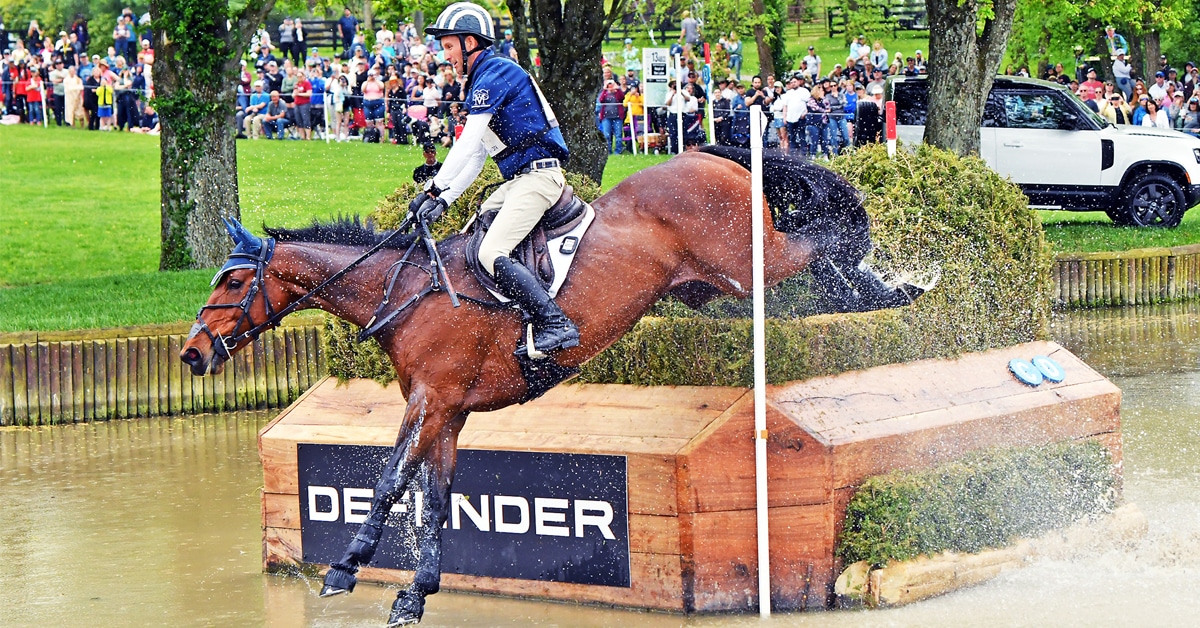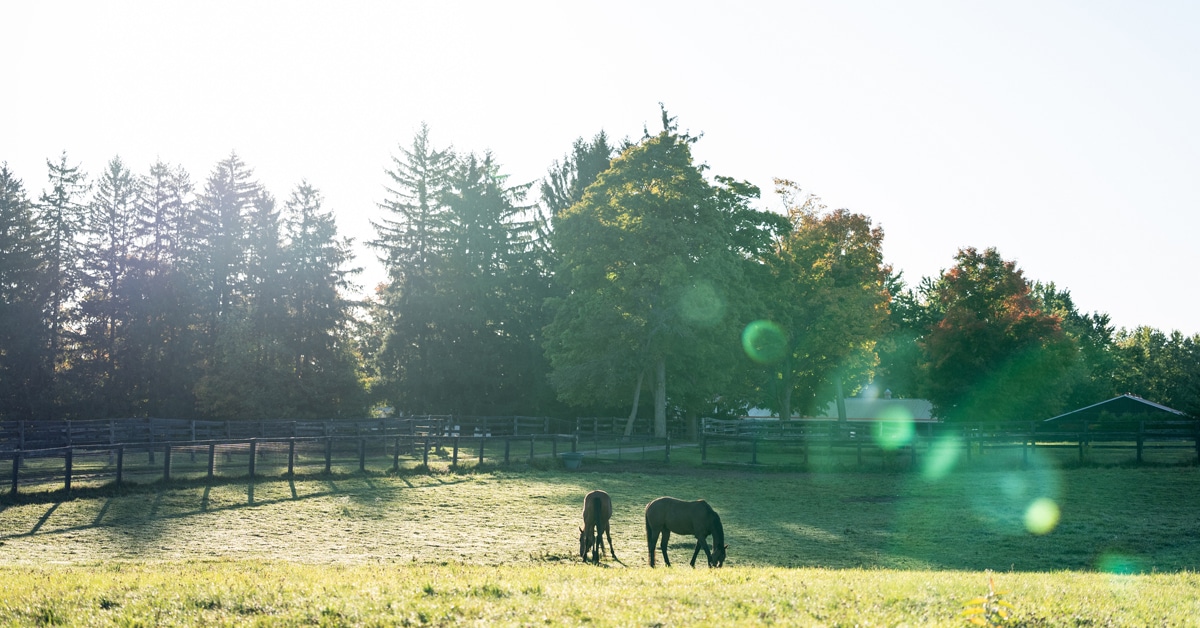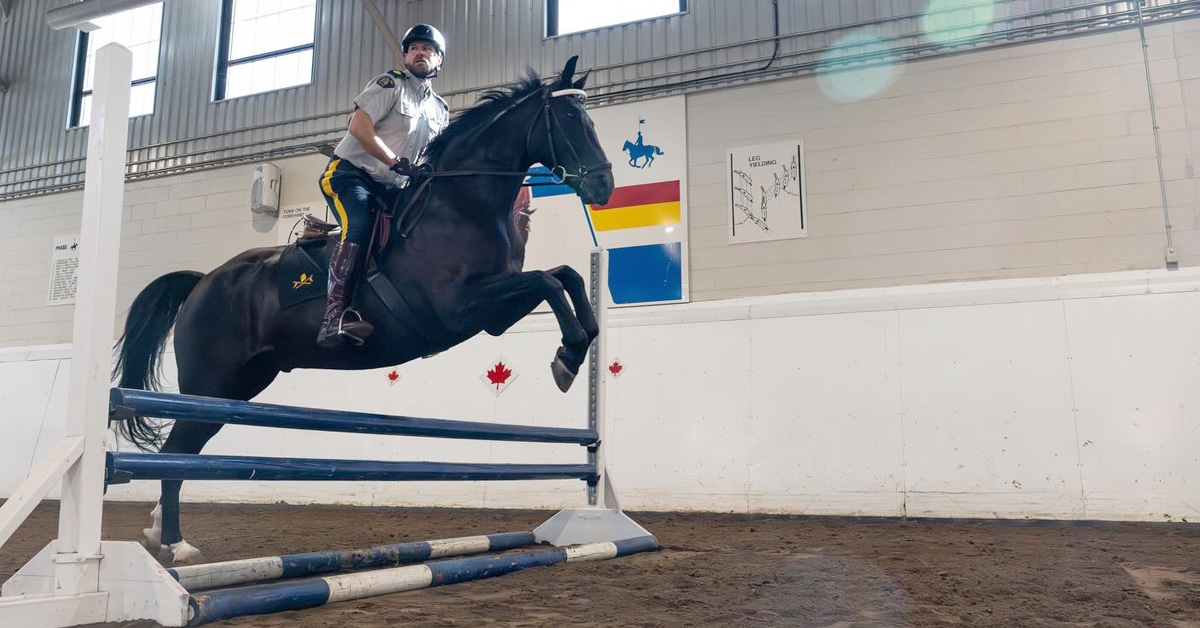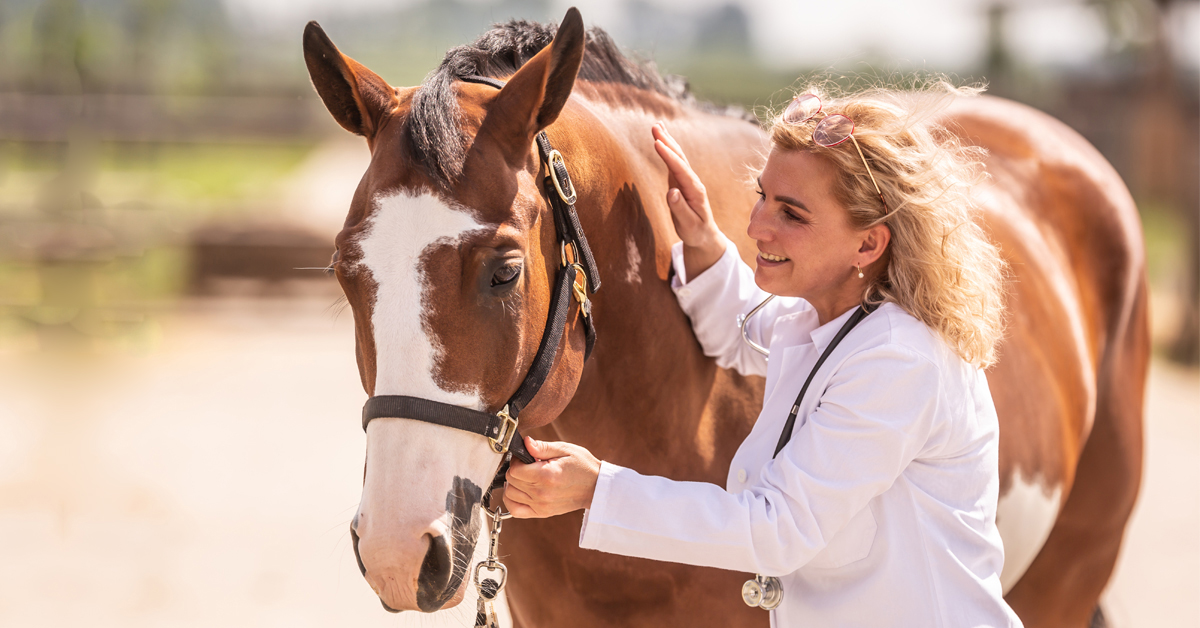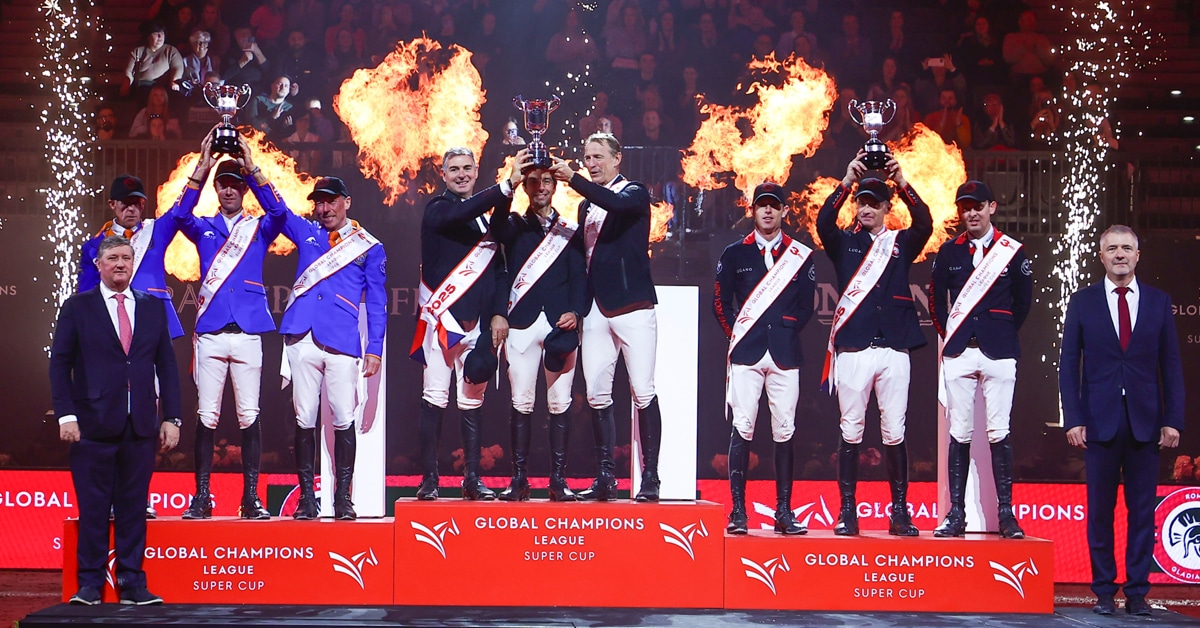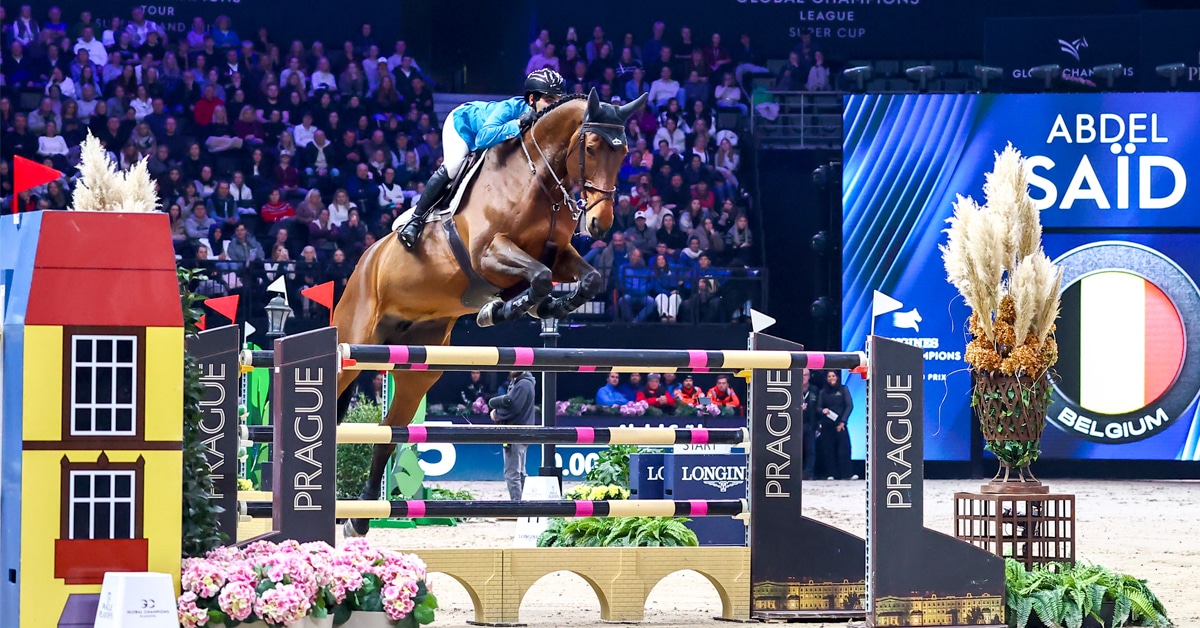Due to the extraordinarily small gene pool, the breeding of Friesian horses is more complicated than most breeds and genetic flaws can lead to foals that may have a shortened life expectancy or a poor quality of life. Genetic studies combining current knowledge with stallion selection assists Friesian breeders in choosing the most appropriate stallion to produce genetically superior, durable offspring.
The Fenway Foundation for Friesian Horses, at the request of the The Koninklijke Vereniging “Het Friesch Paarden-Stamboek” (KFPS), the oldest studbook in the Netherlands, is about to embark on a research program that could have a positive impact on the lives of Friesian horses and their owners around the world. Fenway is partnering with researchers at the famed Gluck Equine Research Center at the University of Kentucky and Wageningen University in The Netherlands.
In what might be the most prestigious genetic research team in North America, if not the world, Kathryn Graves, PhD, Ernest Bailey, PhD and Ted Kalbfleisch, PhD, from the Gluck Equine Research Center at the University of Kentucky and Dr. B. J. Ducro at Wageningen University will make up the Gluck/Wageningen/Fenway Friesian Genetic Research Initiative. The team is going to work towards unlocking the genetic code that causes the megaesophagus and aortic rupture genetic flaw in Friesian horses. The goal is the development of a genetic test that will assist in breeding decisions and hopefully over time eliminate this debilitating and sometimes fatal genetic flaw in horses both young and old.
This research program will require DNA samples from very specific affected and control candidates. Requirements will be published in the near future and the team are counting on the cooperation of the Friesian community in finding those candidates and submitting appropriate samples. Fortunately, and encouragingly, many frozen blood samples from both horses with aortic rupture and megaesophagus have been collected and are now stored in The Netherlands. This initiative means the team may not initially have to wait for new samples to be collected, but as the program moves forward, more specific samples may be requested from the Friesian community.
The Fenway Foundation, the genetic research team at Gluck, Wageningen and the KFPS hope the entire Friesian community are excited at the prospect of solving these genetic issues and insuring an enduring Friesian breed for generations to come.
More News

